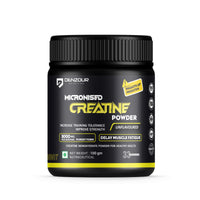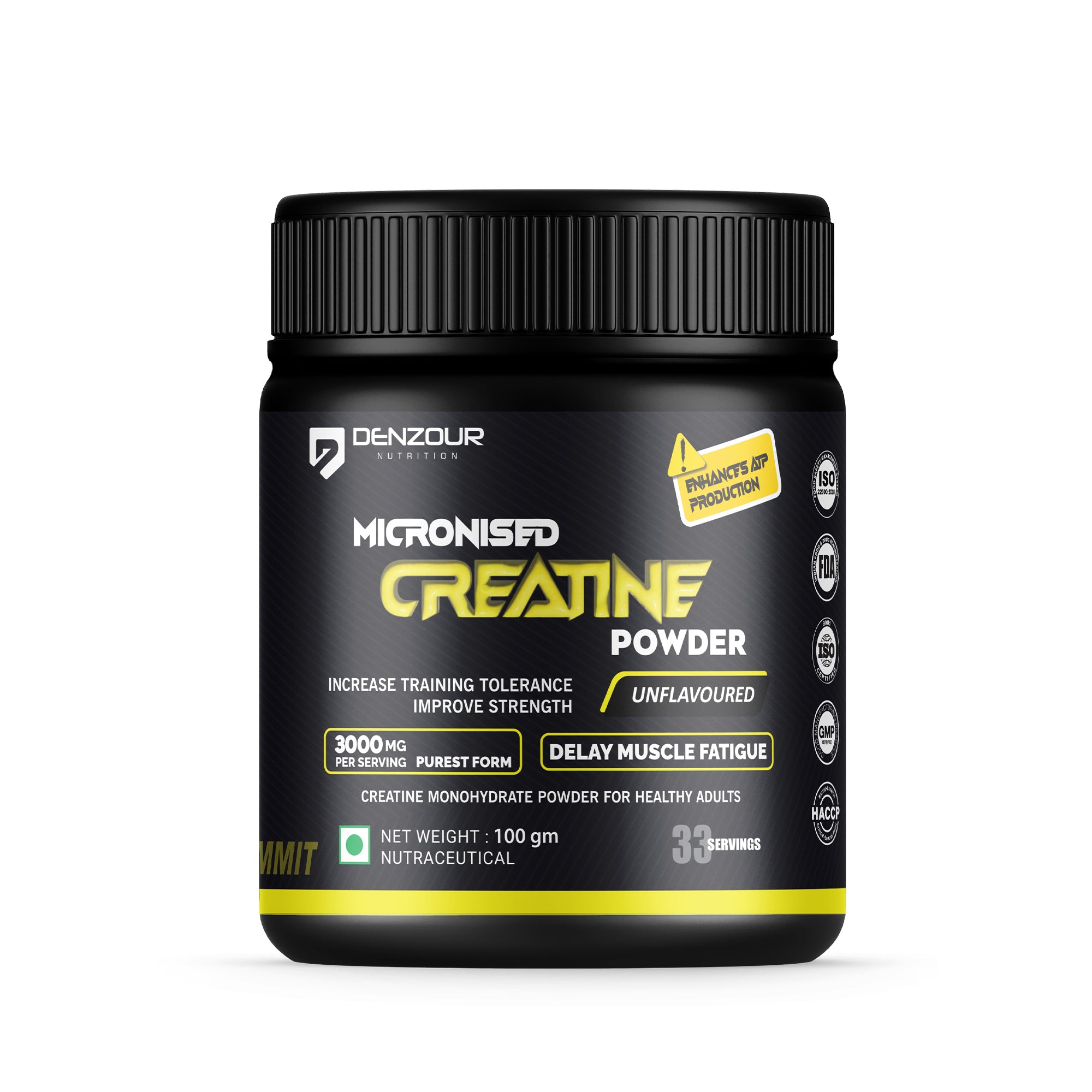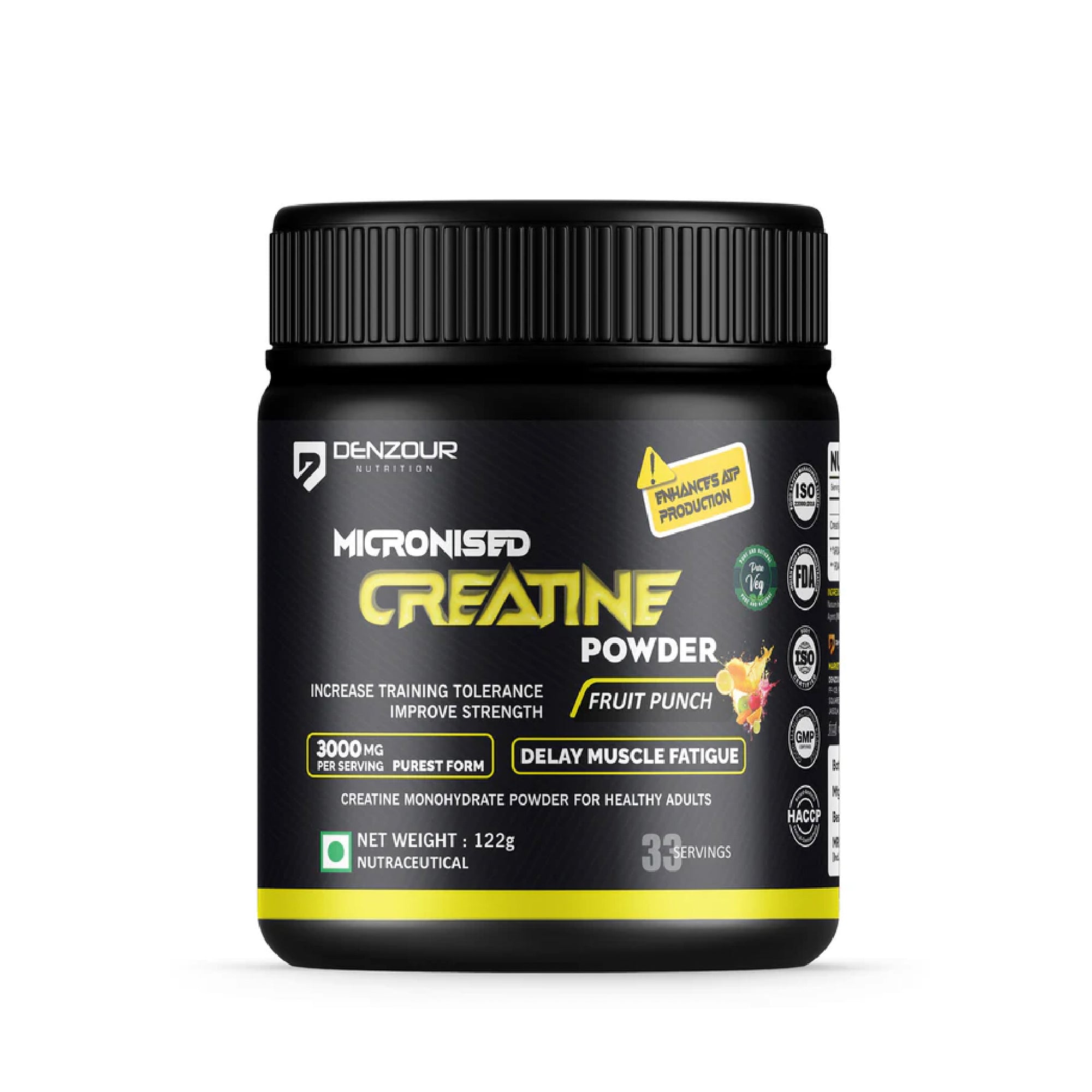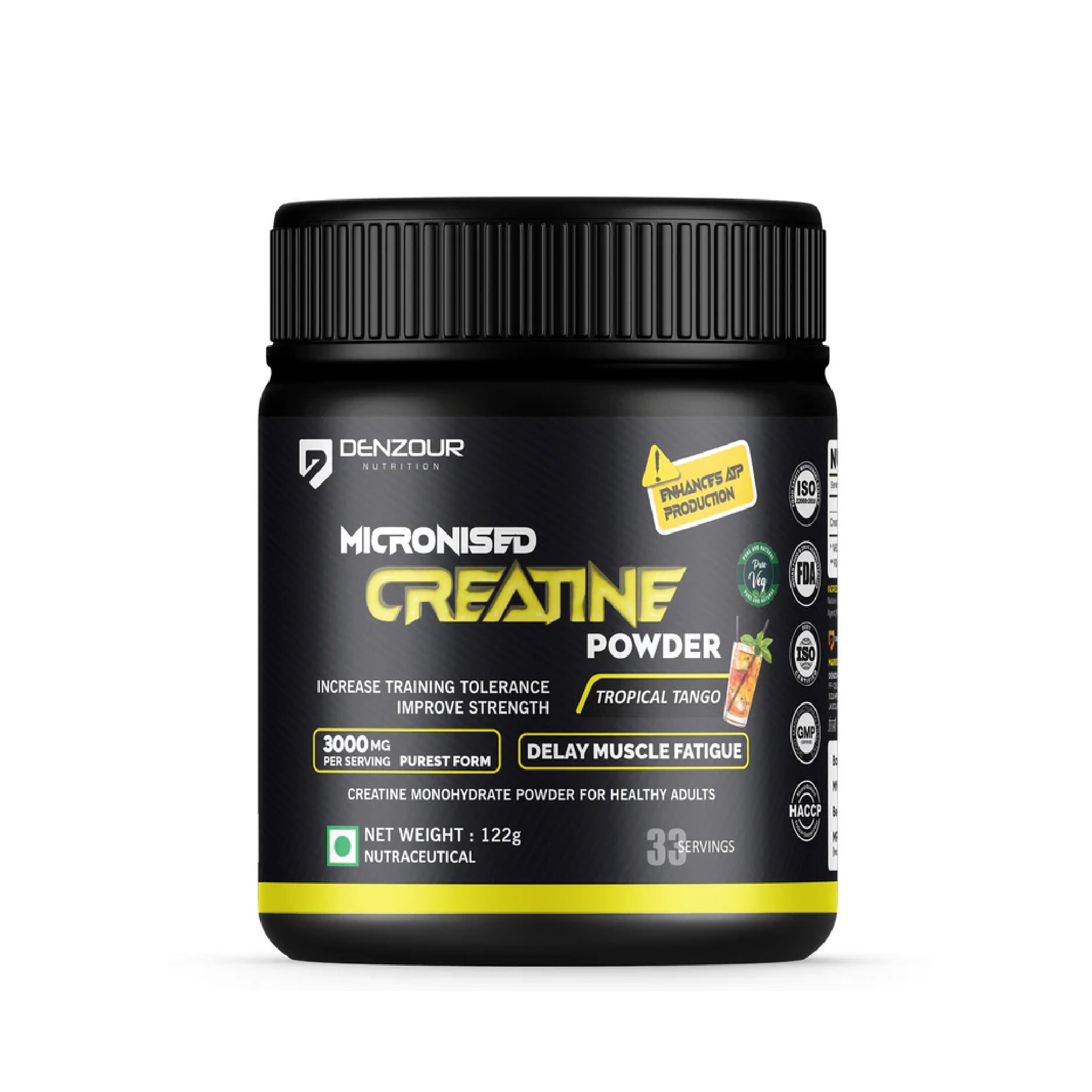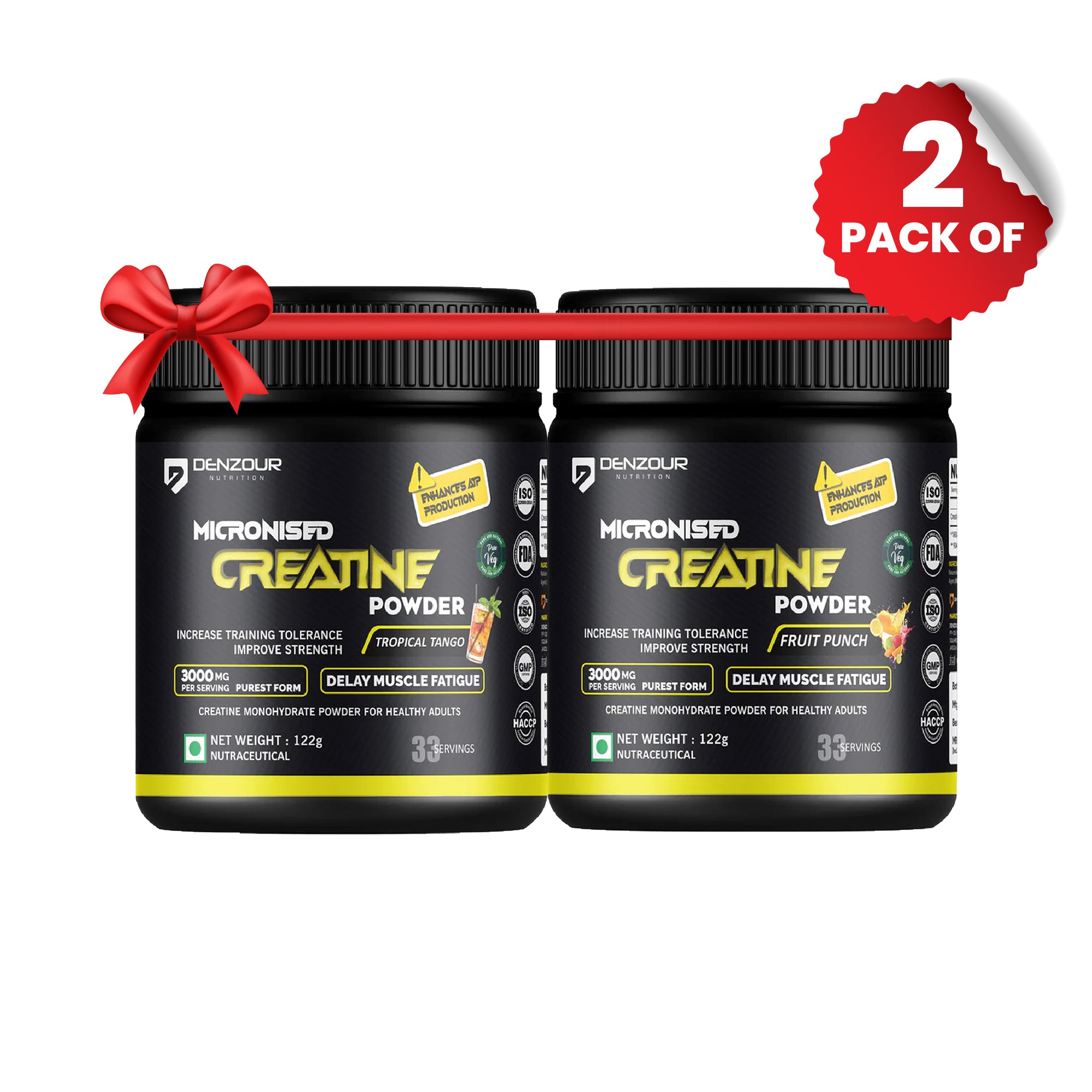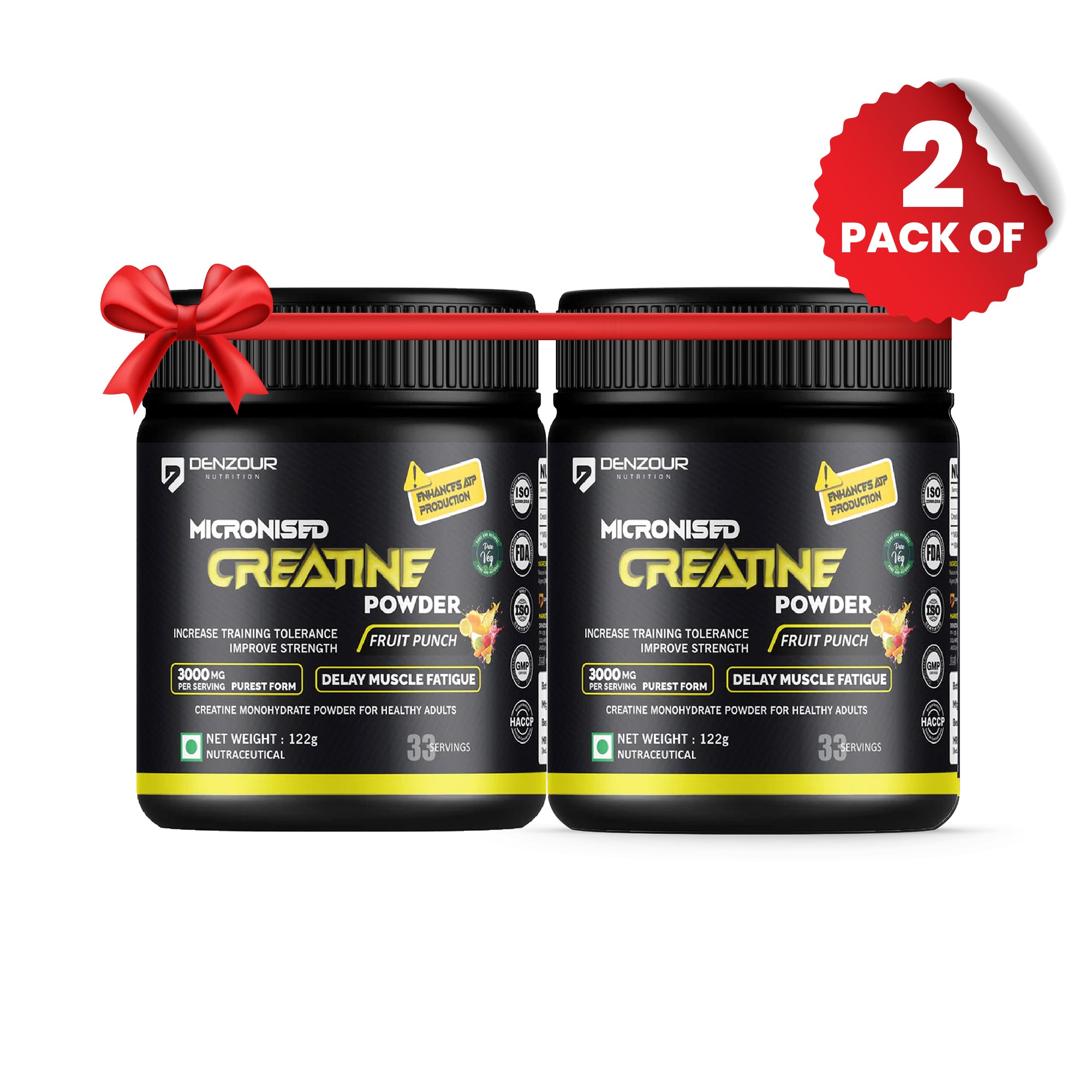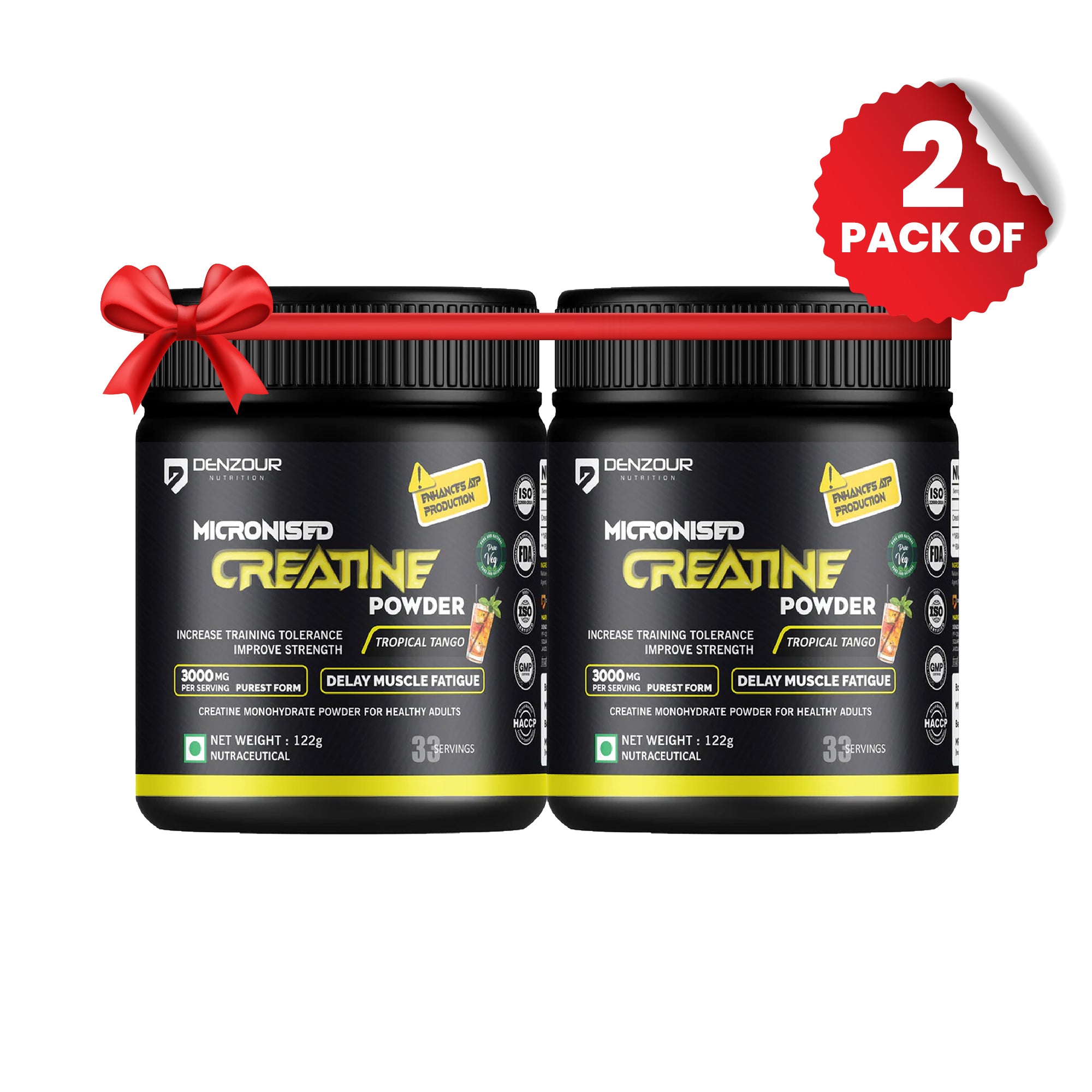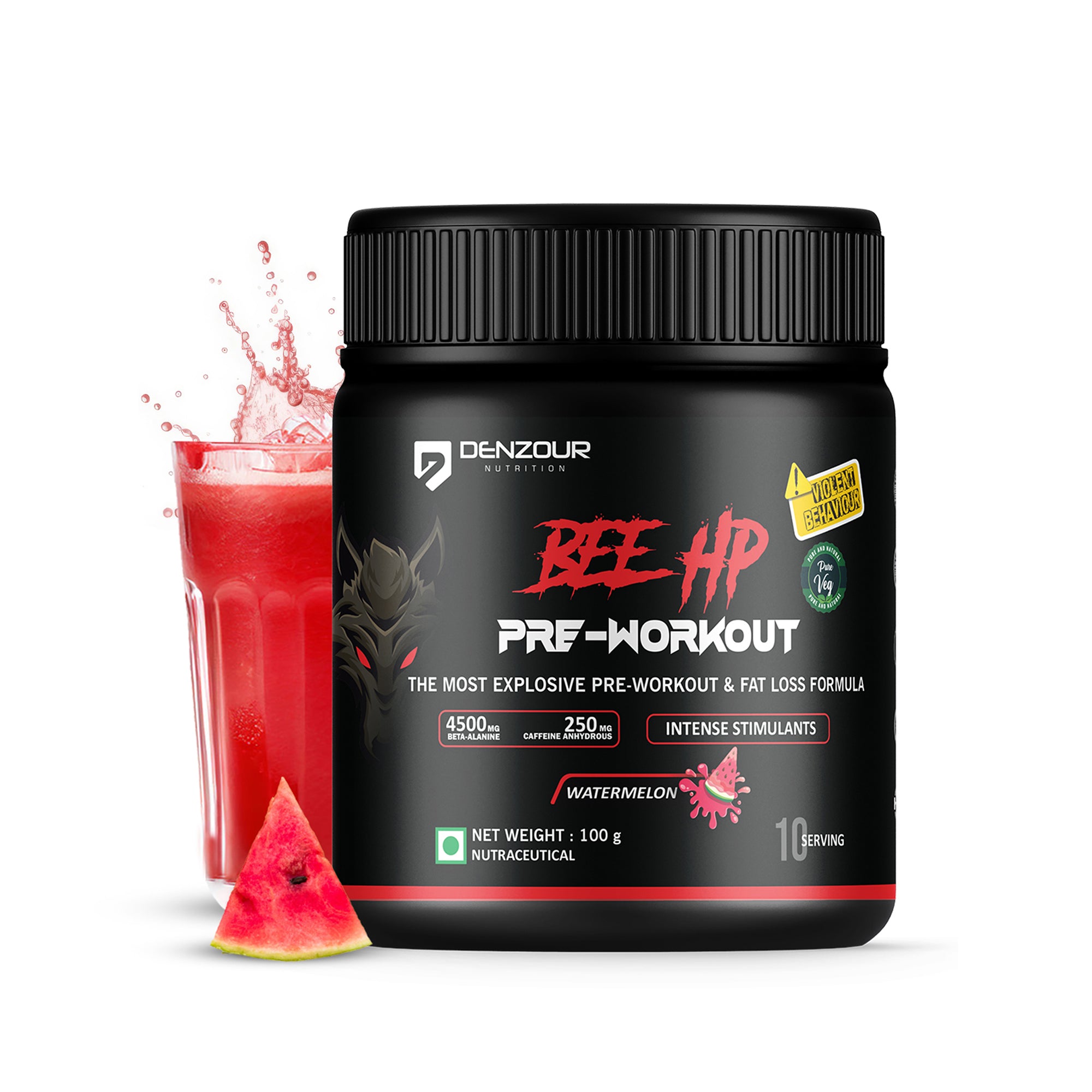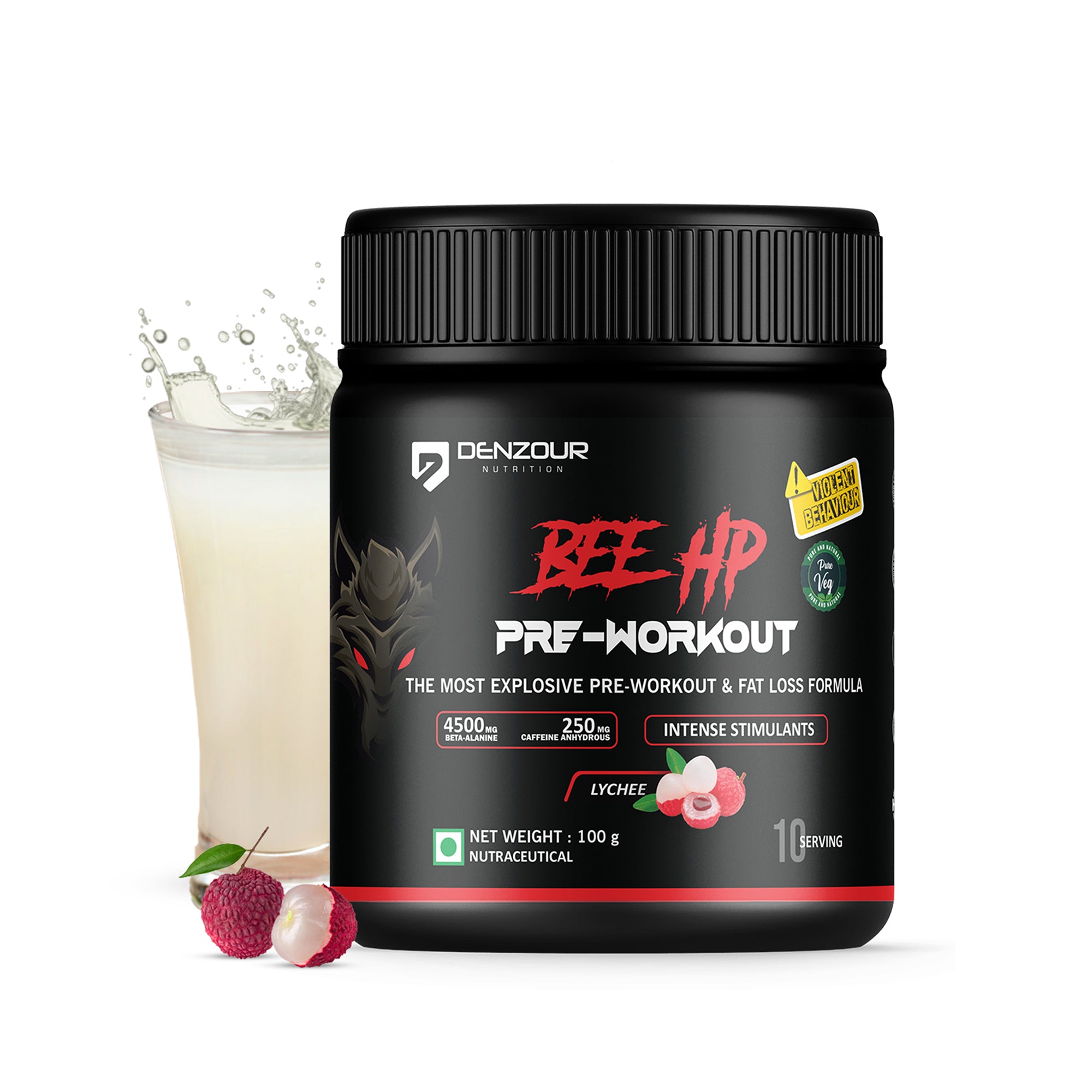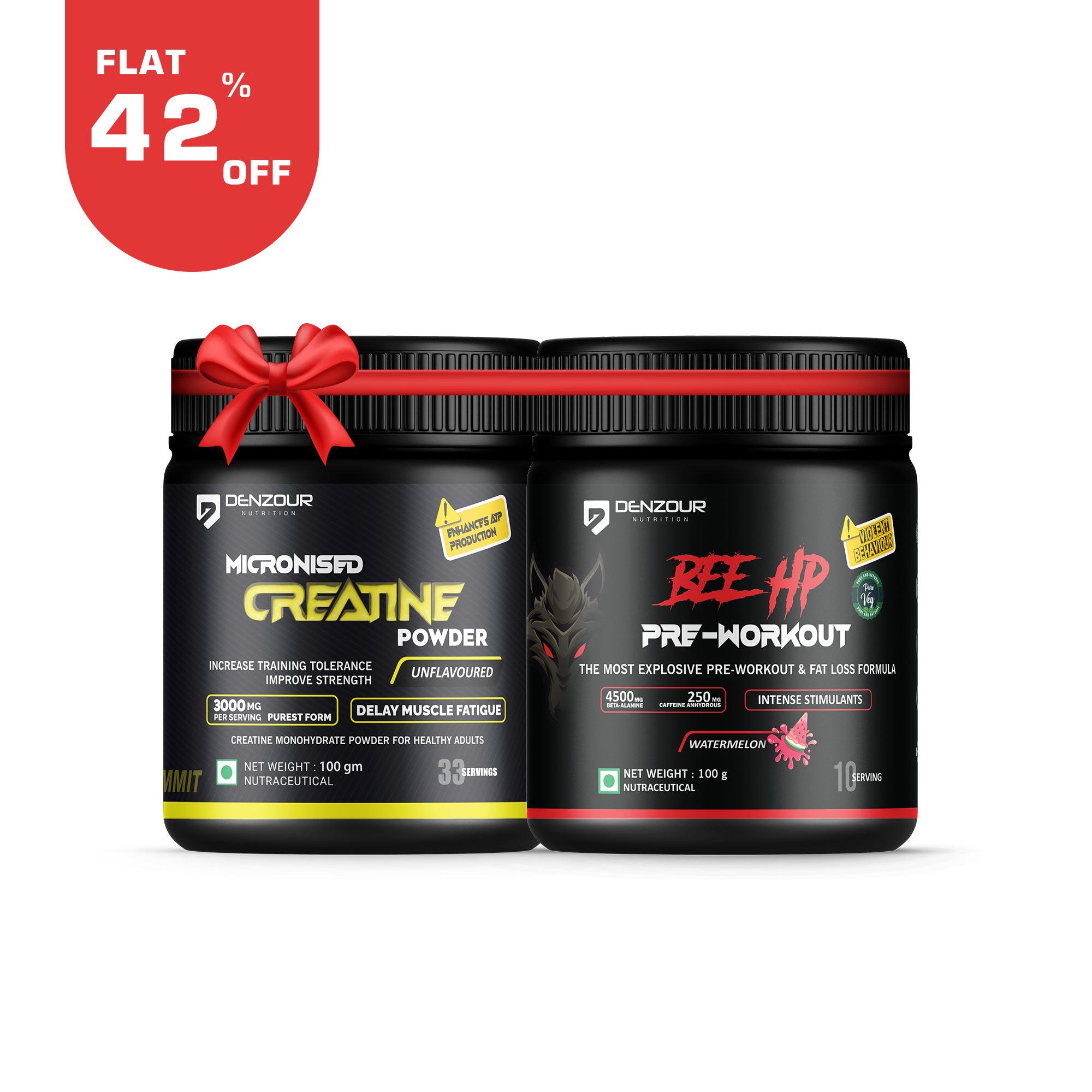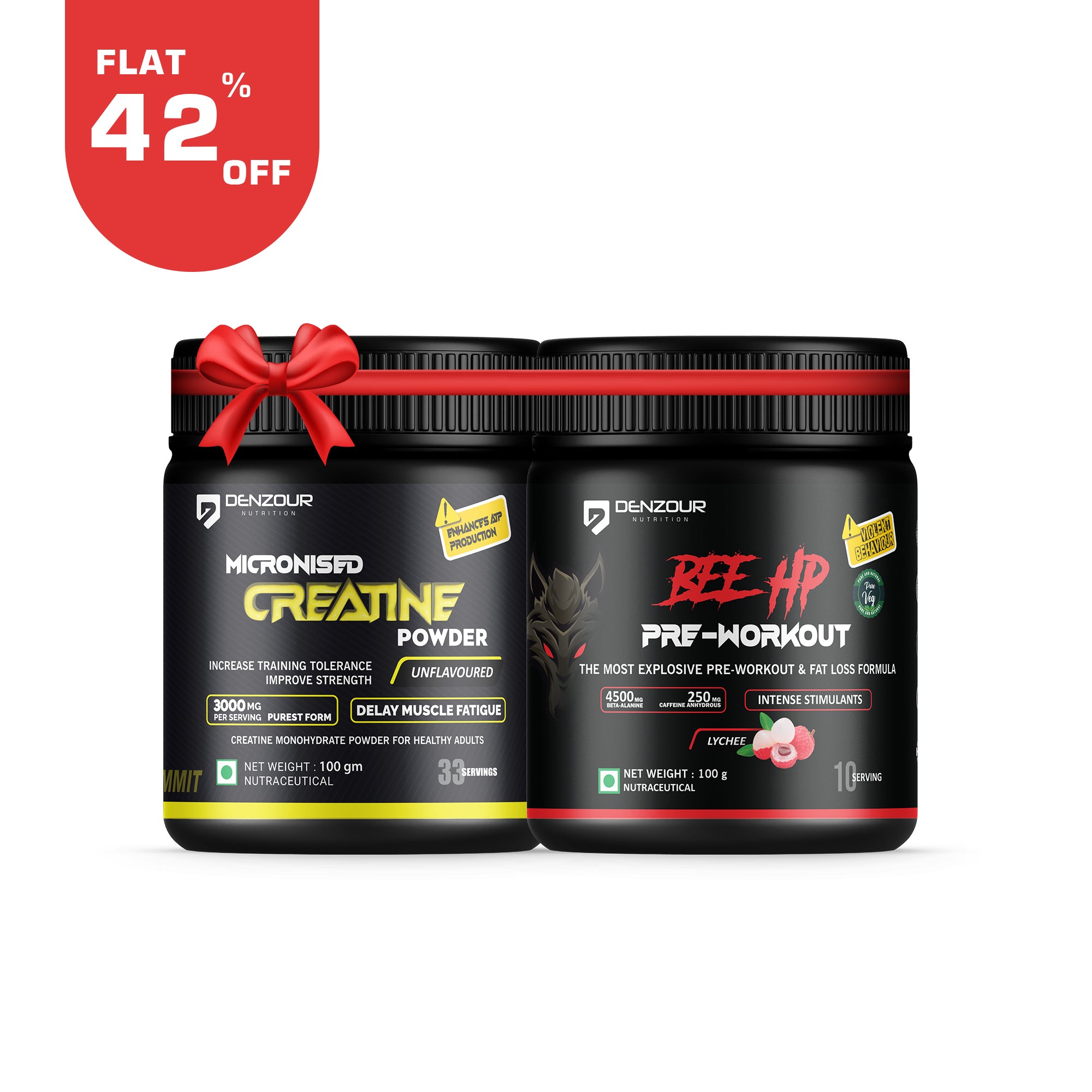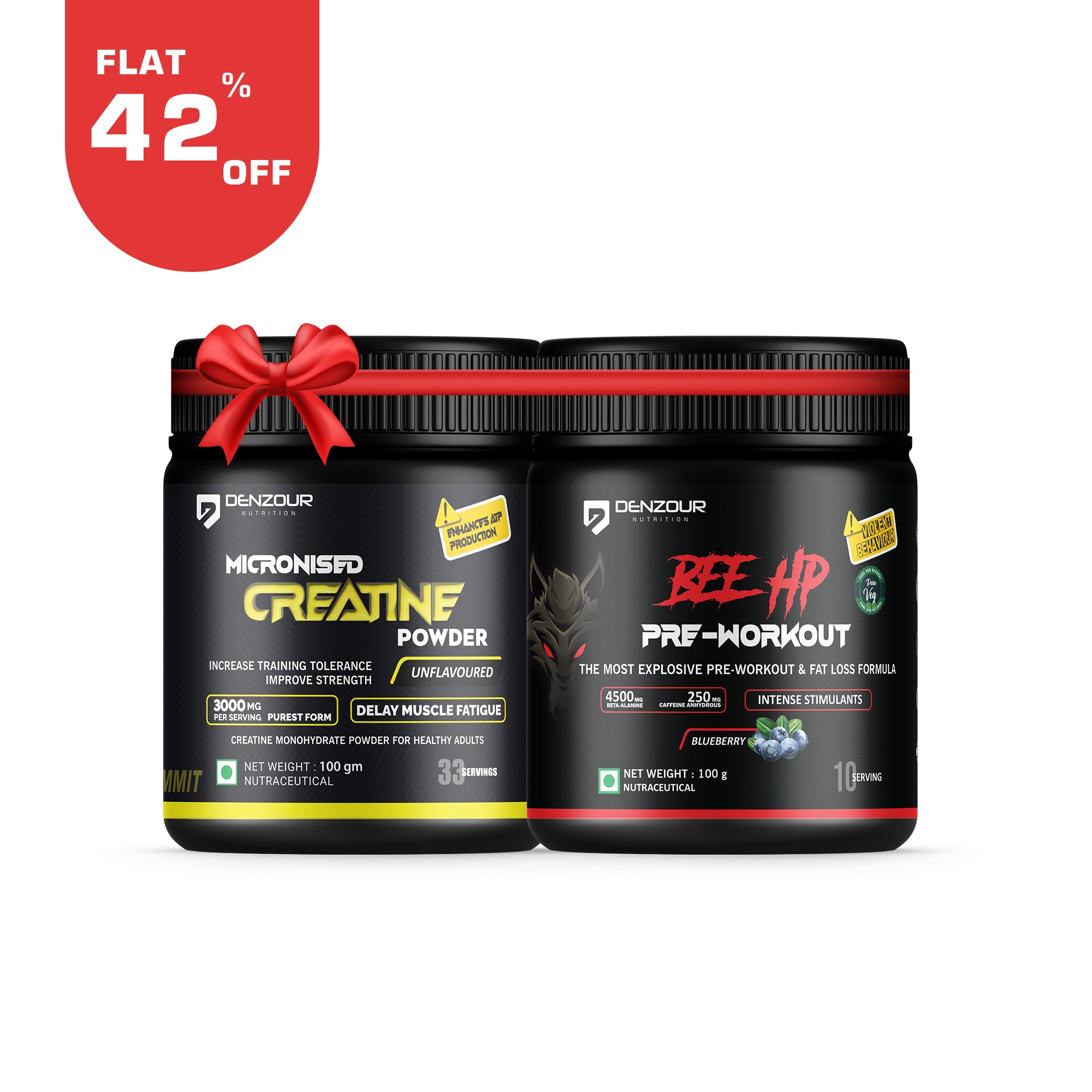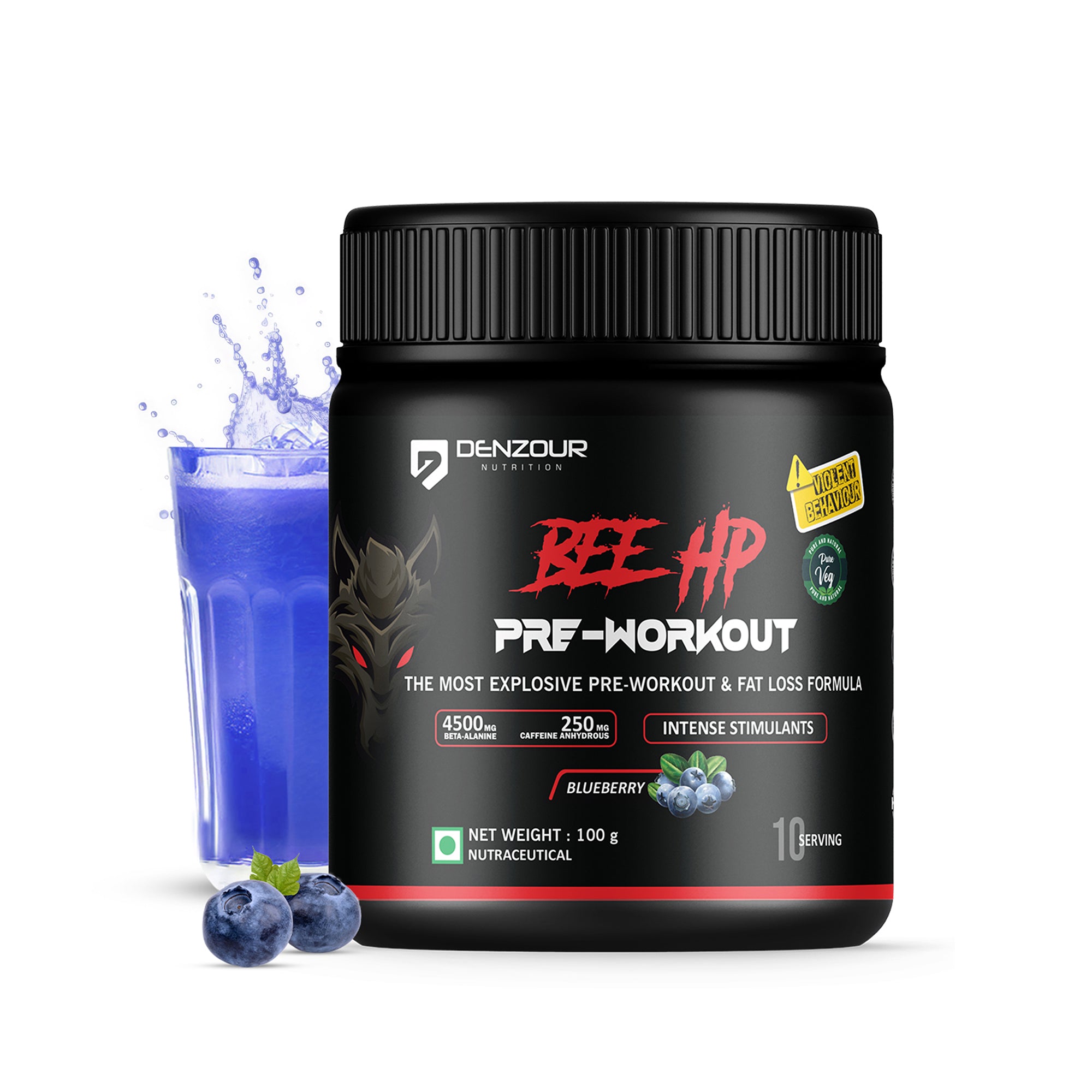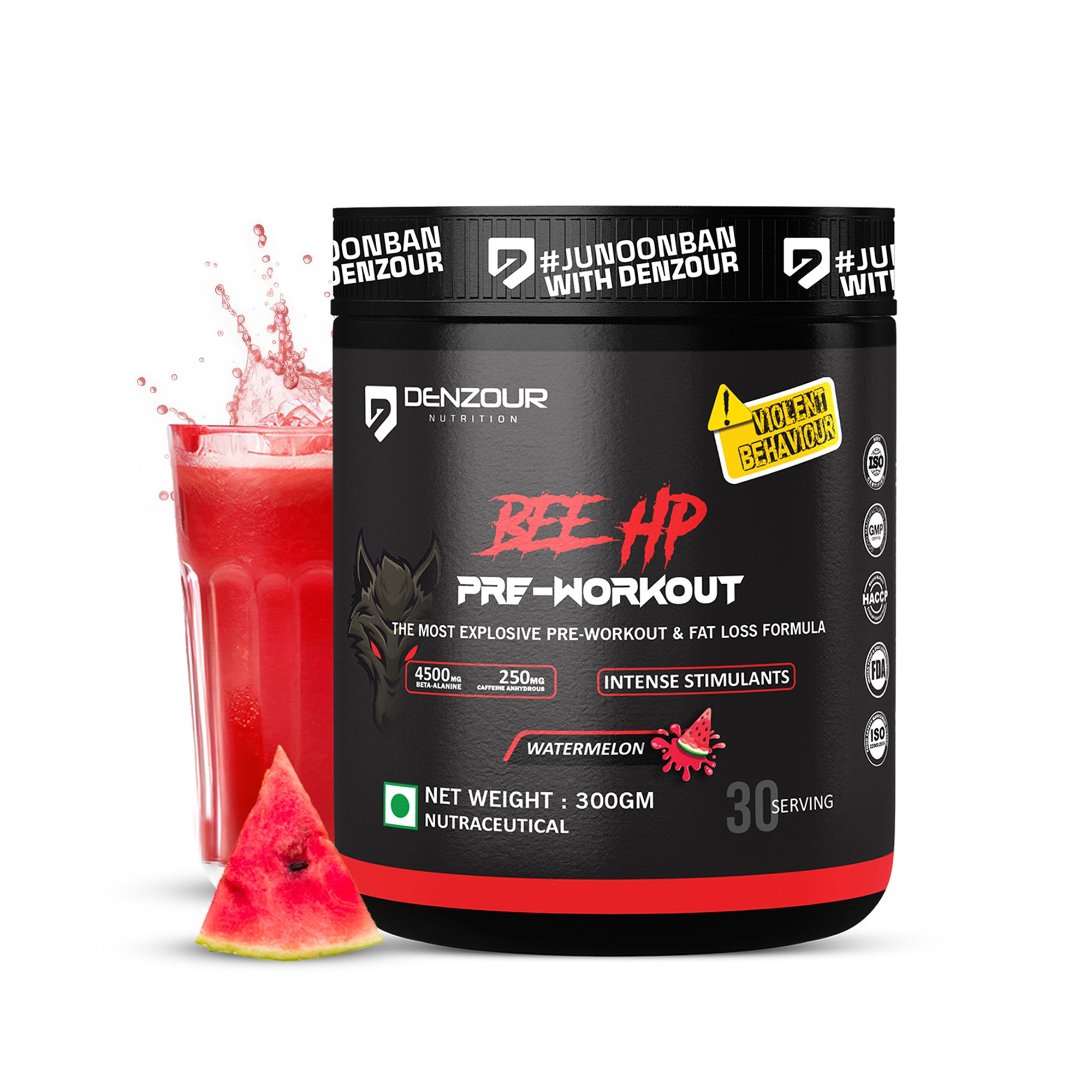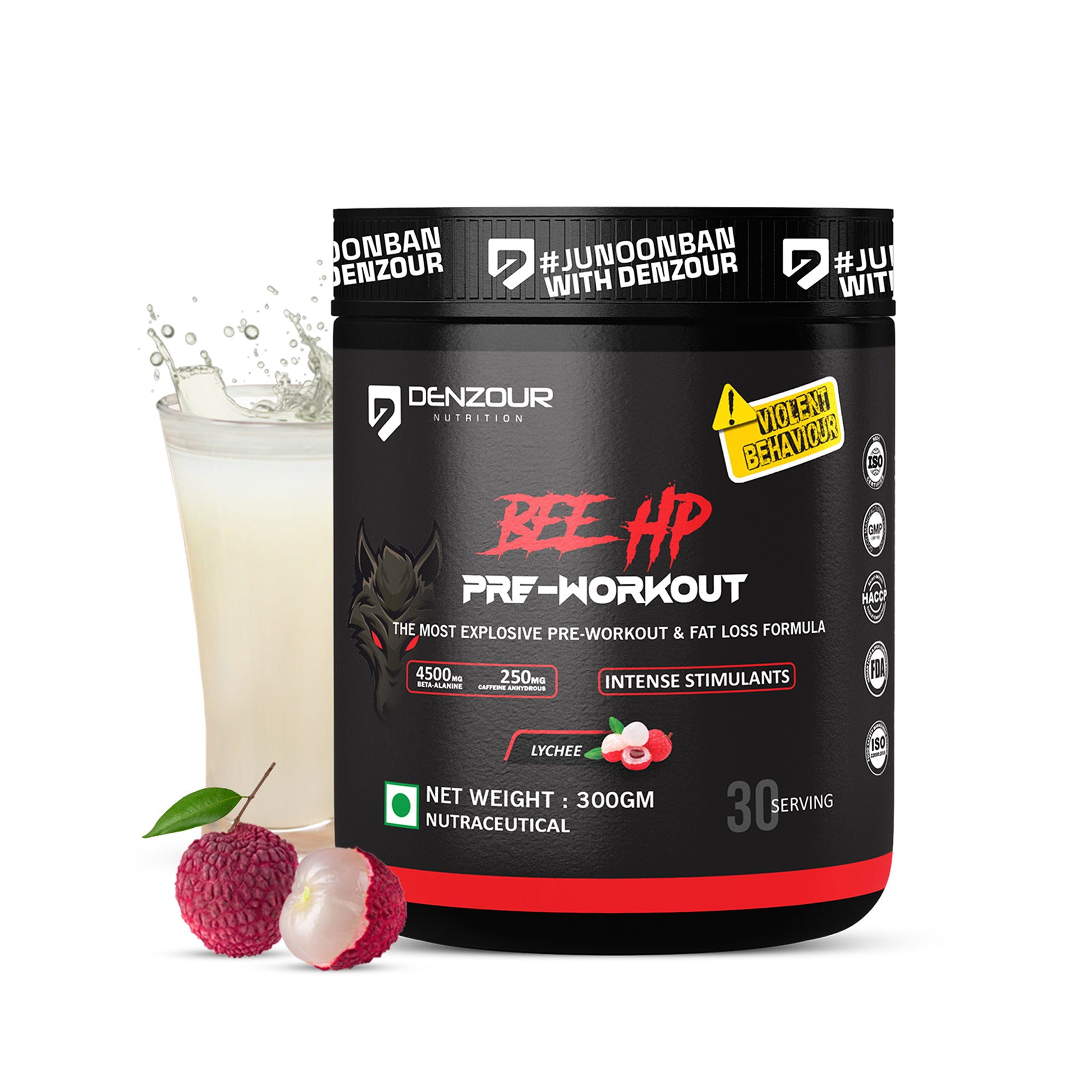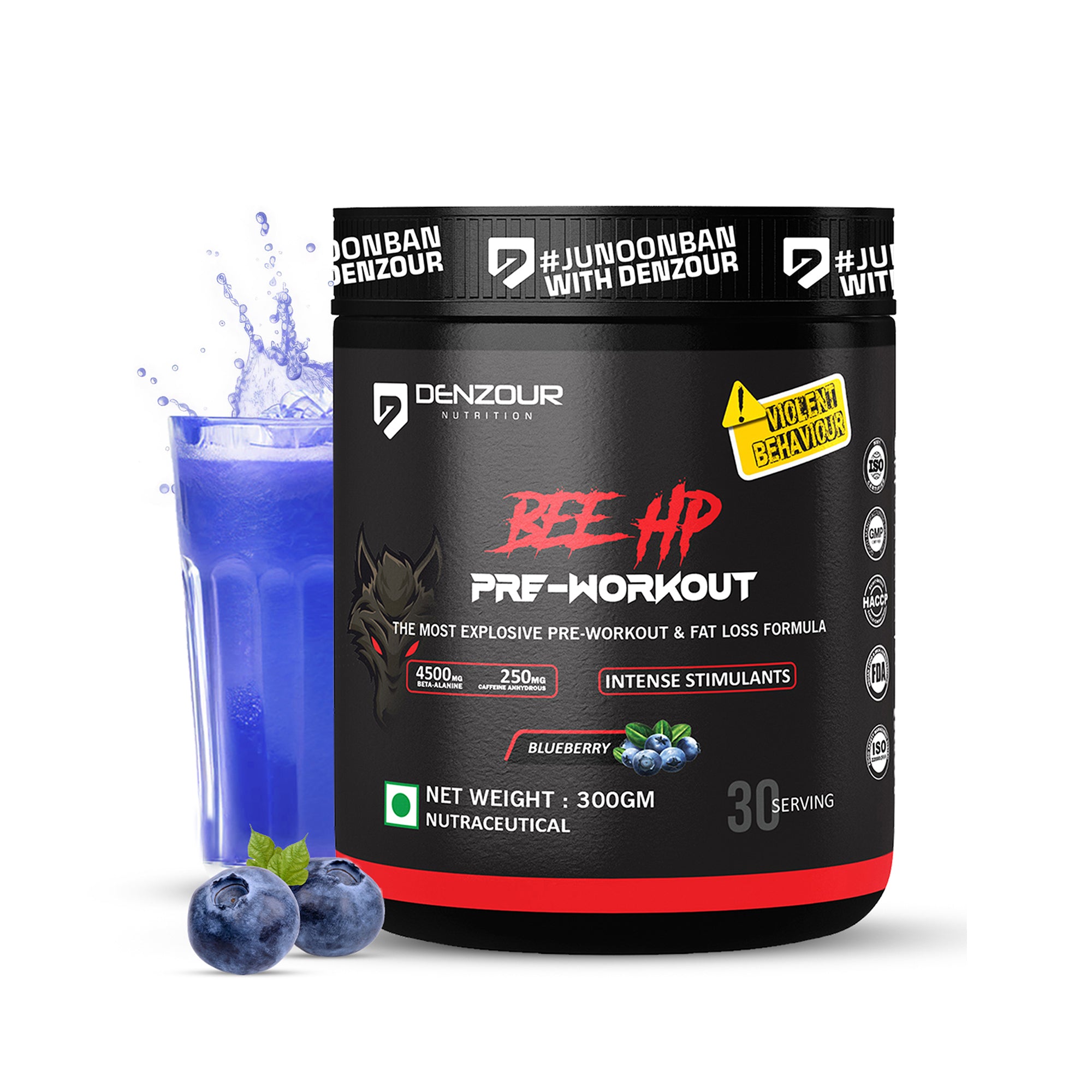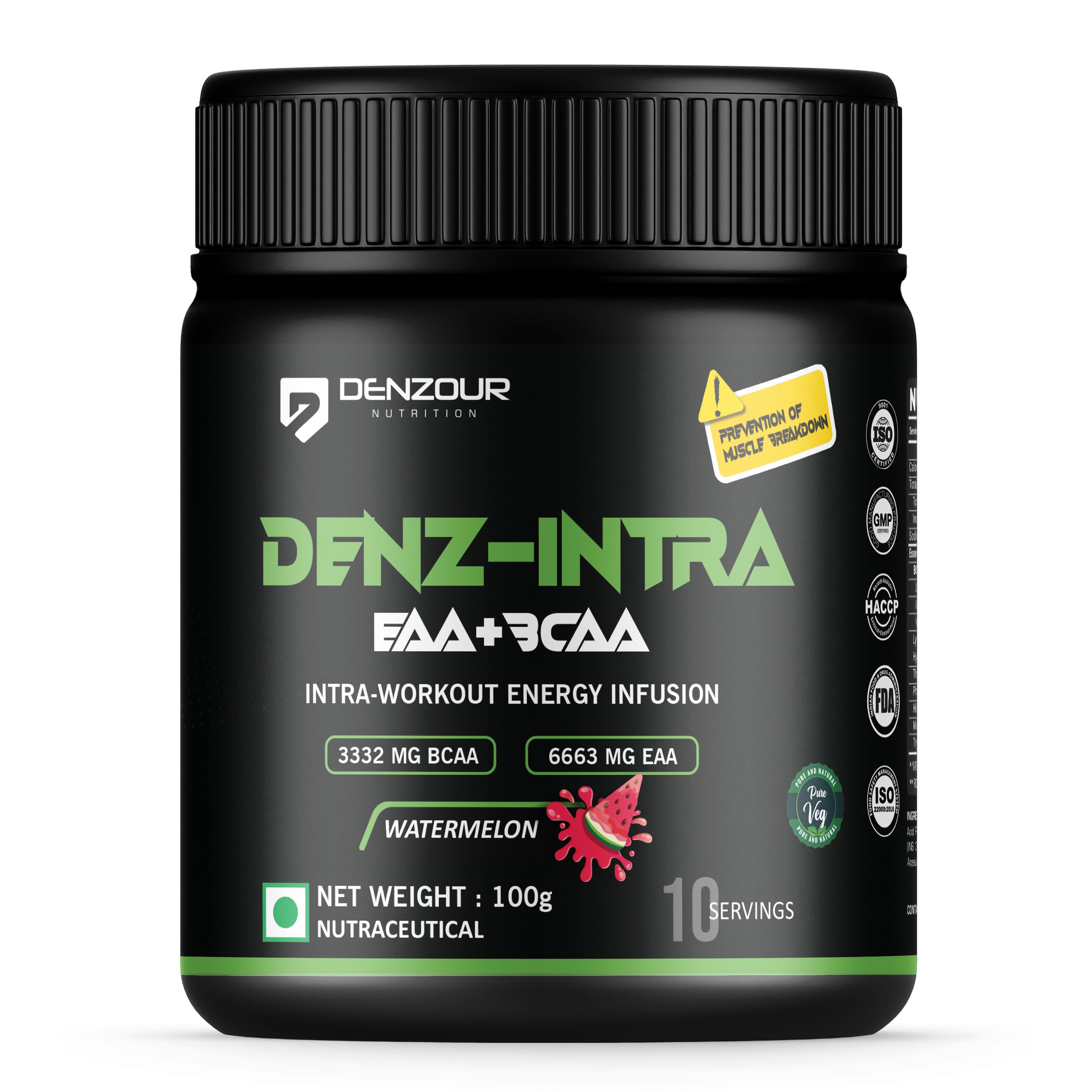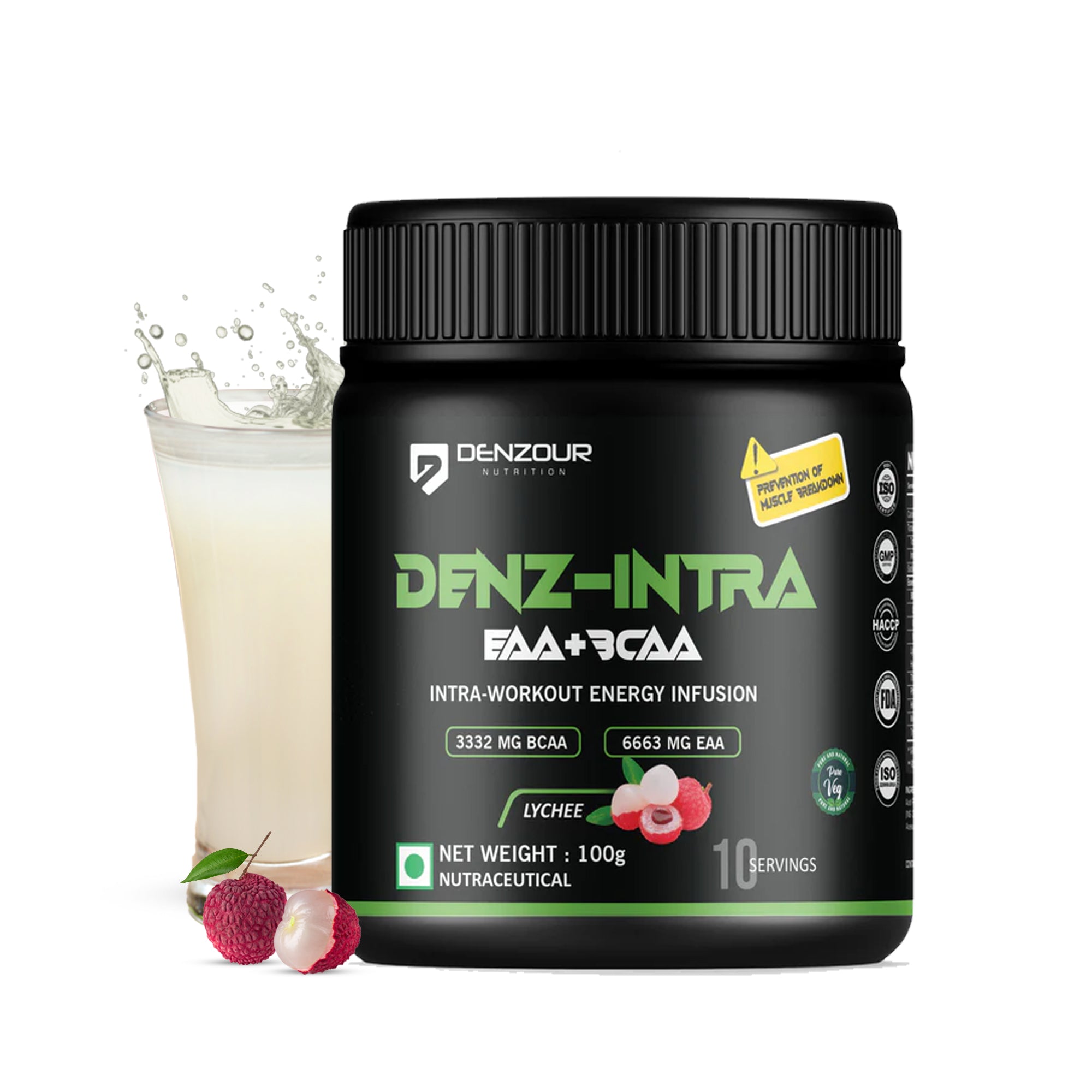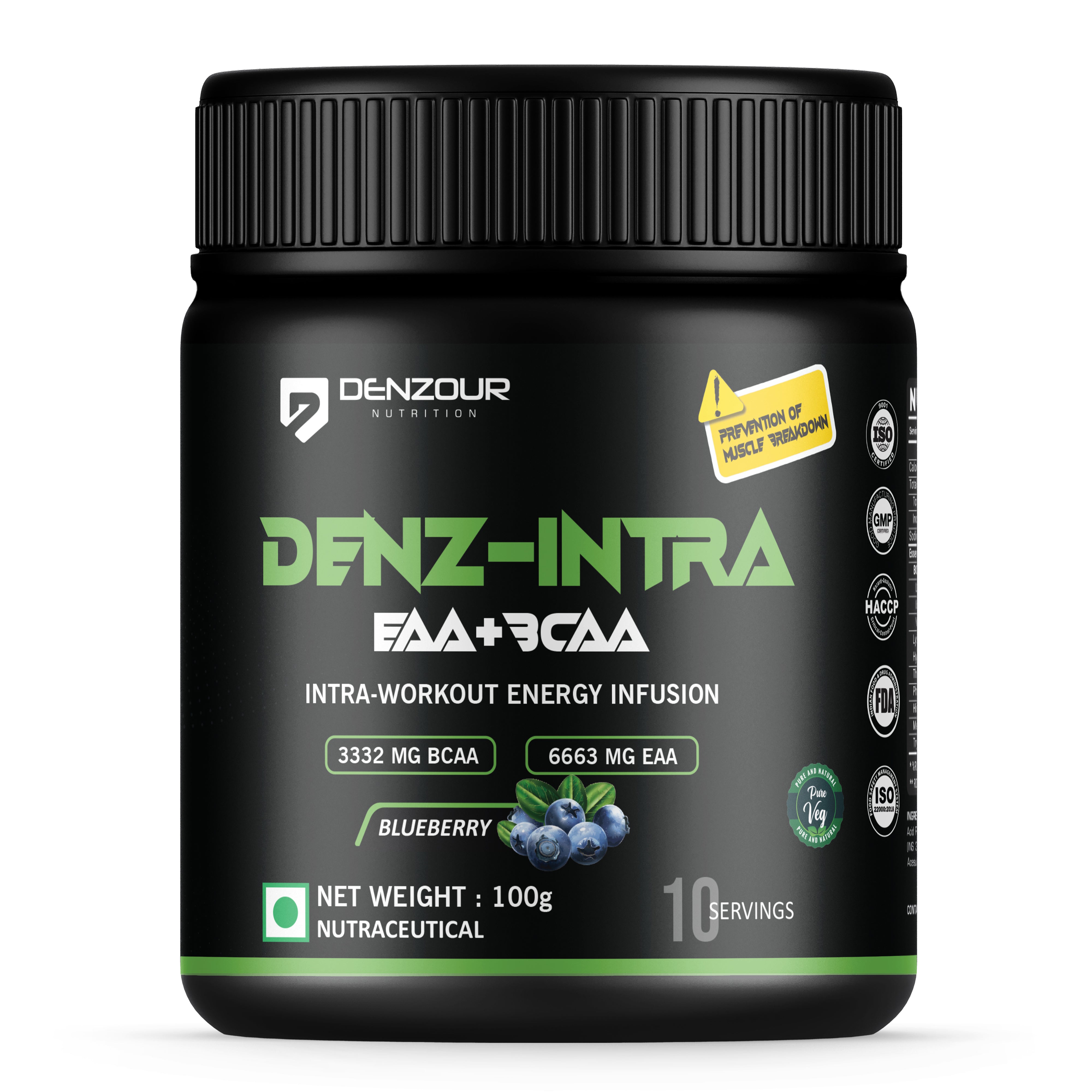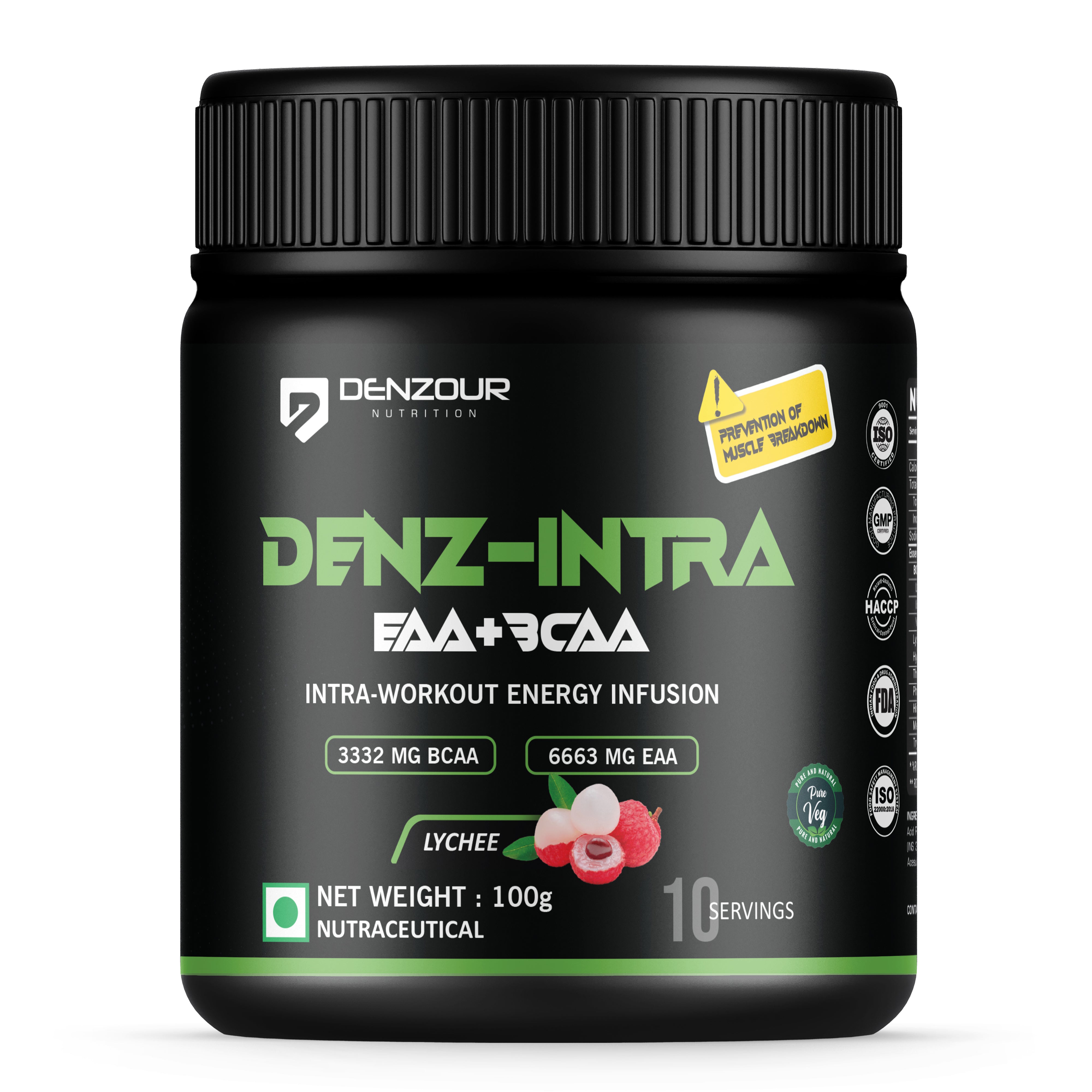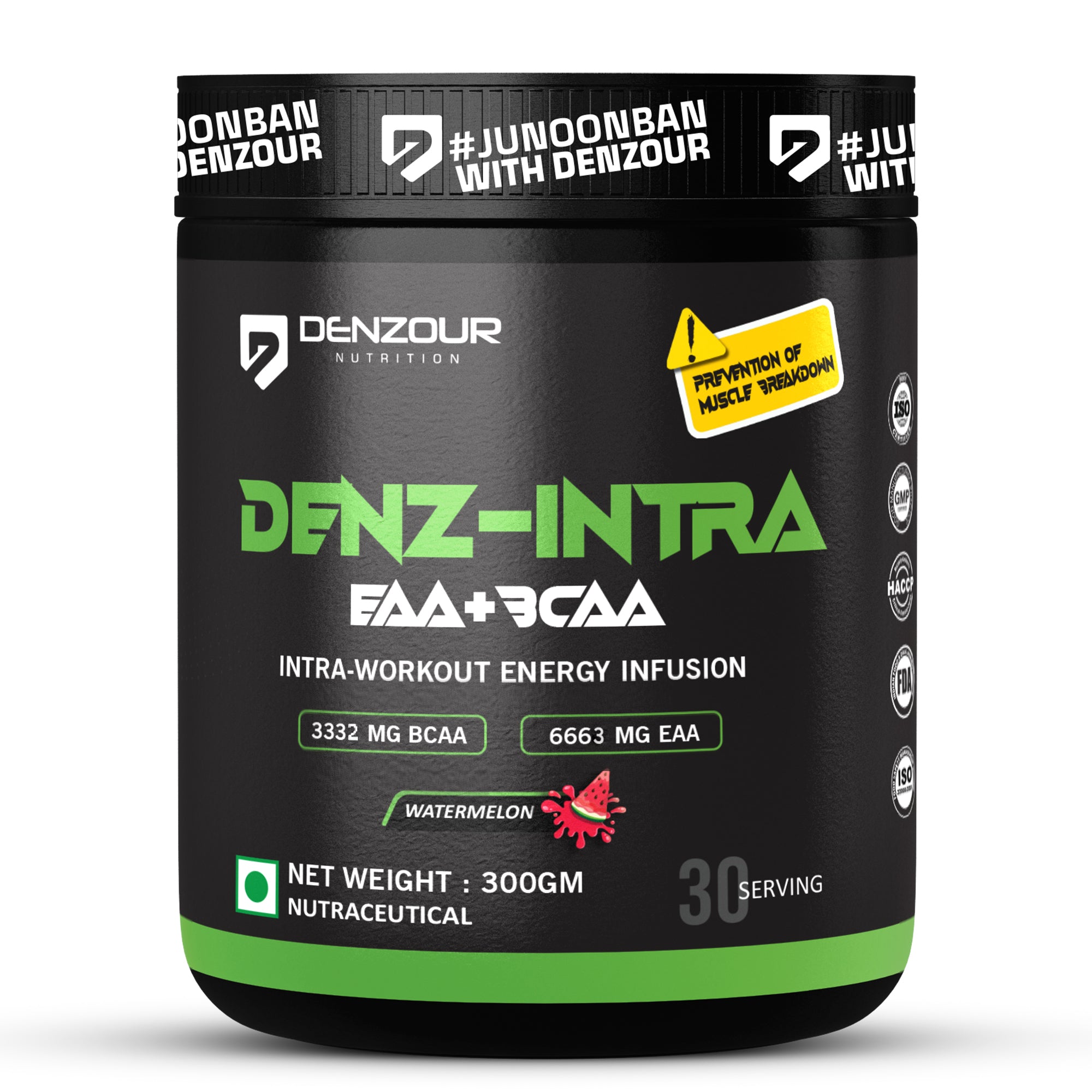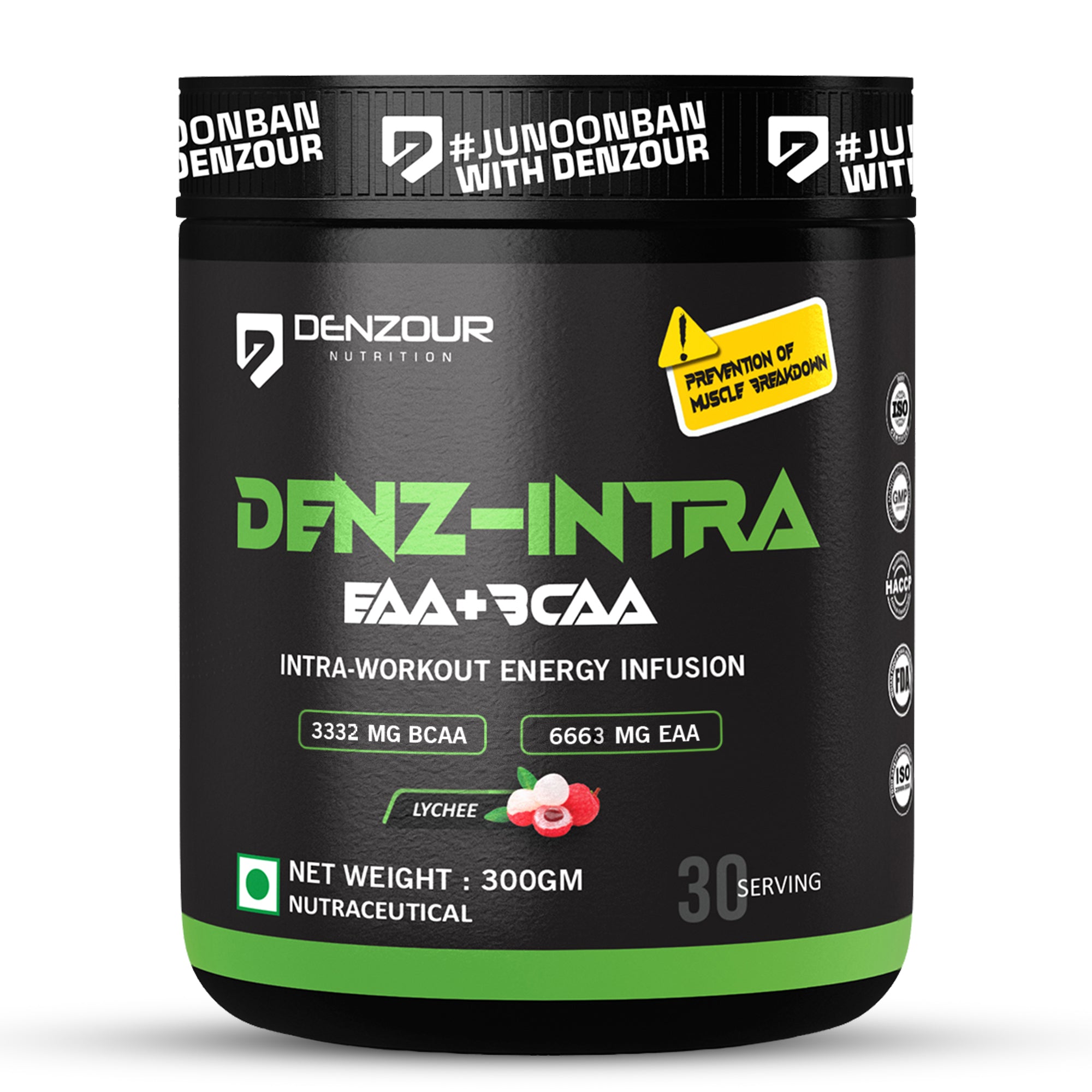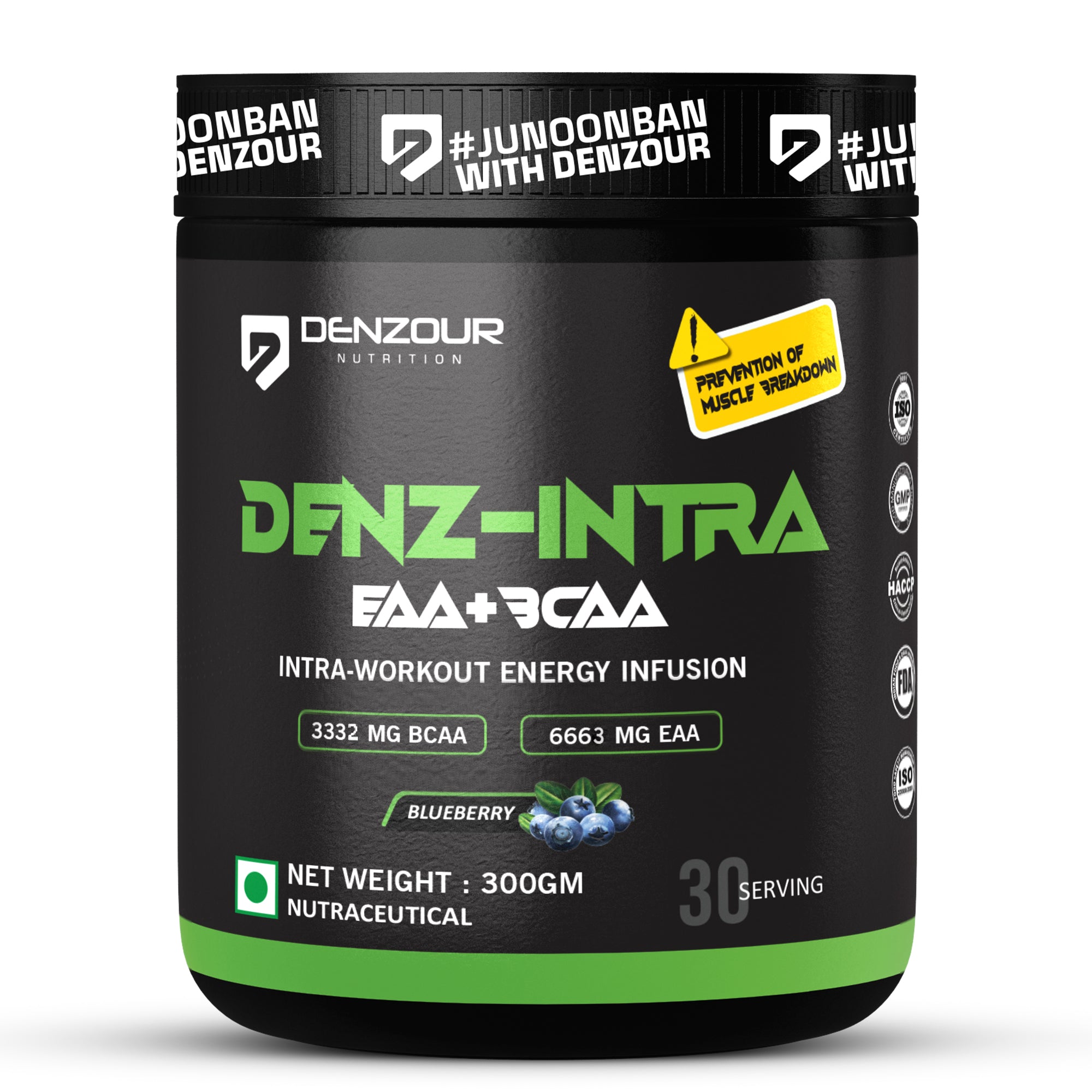When we think of working out, we talk about protein, BCA, and creatine. but there is one amino acid that do some of the most working in your body and that is
Glutamine.
It is not just another pill. Glutamine helps in recovery of muscle, immunity, and the health of gut. These are three roles in health that every person who works out and keep fit should know about.
Let us look at what it does, how it works, and how it can be of weight to you.
What Is Glutamine?
Glutamine is an amino acid — a small building block of protein in our body. It’s one of the most important nutrients for our muscles, immune system and digestive health. We can produce glutamine naturally but during times of stress, illness or intense physical activity (like heavy workouts) the demand for glutamine increases. When that happens taking extra glutamine through food or supplements can be very helpful.
Glutamine plays a big role in muscle recovery and growth. After exercise your muscles need time and nutrients to repair themselves. Glutamine helps reduce muscle soreness and prevents the body from breaking down muscle tissue for energy. That’s why it’s a popular supplement among athletes, bodybuilders and people who exercise regularly.
Another role of glutamine is in gut health. The cells lining your intestines use glutamine as their main source of fuel. This helps keep the digestive system strong, supports nutrient absorption and protects against stomach problems like bloating, inflammation and leaky gut.
Glutamine also strengthens the immune system. It helps white blood cells function properly and fight off infections. When you’re sick or tired your body uses up more glutamine so keeping your levels high can help you recover faster.
Plus glutamine supports skin health and wound healing by helping the body produce collagen and repair damaged tissues.
You can find glutamine in foods like eggs, chicken, beef, fish, milk, beans and spinach. Many people also take it as a powder or capsule supplement.
In short glutamine is a powerful nutrient that helps your body stay strong, recover quickly and stay healthy from the inside out — making it essential for fitness, wellness and overall vitality.
Natural Sources of Glutamine
You already get some glutamine from the things you eat if they have a lot of protein.
Here are some of the best natural sources:
- Eggs, chicken, fish, and beef
- products like curd, paneer, milk
- Lentils, tofu, and soybeans
- cabbage, and other greens
Excellent vegetarian options for an Indian diet include paneer, dal, rajma, curd, and soy chunks. However, athletes or individuals in physical stress often find this amount insufficient through diet alone, and that is where supplementation helps.
Top Benefits of Glutamine
1. Muscle Recovery & Performance
After tough workouts, your muscle glutamine levels drop a lot. Taking glutamine helps:
- Reduce muscle soreness i. e. DOMS
- Support protein production for quicker recovery
- Stop muscle loss when on few calories or doing hard training
Typical dose : 5 10 g after workout in your protein shake or carbs for quicker absorption. Think of it as giving your muscles the ‘ recovery fuel ' they need to bounce back stronger.
2. Gut Health & Immunity
Your gut cells enterocytes rely on glutamine for fuel, and it helps keep your intestinal barrier strong leaky gut and absorb nutrients better. On the immunity front, glutamine fuels white blood cells lymphocytes and macrophages , helping you recover more quickly and stay resilient when under stress. So even if you aren t lifting heavy if you have digestive issues, fatigue, or cold or flu symptoms often glutamine could still be a powerful supplement for your overall wellness.
3. Stress, Injury & Recovery
During infections, injuries or surgeries, the body ' s glutamine needs increase greatly. Supplementation helps tissues repair and gives the immune system a boost to help you heal quicker. For these reasons, glutamine is often used in clinical nutrition to help burn victims and people after surgery.
4. Brain Function & Focus (Bonus Benefit)
Glutamine also helps make glutamate, a brain chemical needed for good brain work. While not a ' focus ' pill, it helps mental clear and beats down brain fog in people under physical stress.
Who Should Consider Taking Glutamine?
You may benefit from glutamine if... You re an athlete or body builder training hard . You re a vegan or vegetarian with a low protein diet . You have digestion problems or low immunity . You re recovering from injury, illness or operation .
In short — if your life, workout or stress is taking more from your body than usual, glutamine can help restore the balance.
Glutamine in the Indian Fitness Lifestyle
Indian foods are high in carbs and not too high in protein. For those who won't eat meat, there are problems with getting enough amino acids made in our bodies (glutamine included). This explains why many Indian athletes put glutamine after work-out or in the morning.
It helps us get better after the work-out even if we aren't getting enough protein in our diet. Also, glutamine works well with whey protein and its amino acids.
How to Choose the Right Glutamine Supplement
When you buy glutamine, look for:
- Just pure L-Glutamine (no sugar, no taste, or fillers)
- Verified with tests by giant labs
- Clear label — showing size by scoop
- A name people trust with sports grade form
Denzour Nutrition L-Glutamine
Our pure, micronized glutamine is formulated to support post-workout recovery, immune strength, and gut health.
No fillers, no unnecessary additives — just clean performance fuel.
How to Take Glutamine
| Goal | Dosage | Timing | Form |
|---|---|---|---|
| General wellness | 5–10 g/day | Morning empty stomach | Powder/capsule |
| Muscle recovery | 10–20 g/day | Post-workout | Powder with protein |
| Gut repair | 5 g/day | Morning before meals | Powder with water |
It Is Important for the Immune System
One thing glutamine does is help the body fight off sickness. Glutamine is a rich giving wave for cells that help with this and also for some intestines. But your blood can go down when one gets burnt, or when a person has a surgery. If one has too much glutamine in the body, they will break down parts of the body like the muscle to give the body more of this amino acid.
The immune system can also break down if there is no glutamine in the body.
So this plan is the reason why after very hurt individuals take in high beef diets and glutamine will be given to the get well plan.
One other thing glutamine has been seen to do is help the body be in less pain after surgery and get better faster. Glutamine are seen in making it less likely die from being very sick and helps make one pay less in getting them kept in the hospital.
Another find is for glutamine to help immune health in animals with sickness coming from bacteria or infection?
And the last findings are for animals with sickness coming from viruses and their immune system with glutamine to get better.
In adults, the answers are not so clear. It may be possible such act would come from the foods we eat and how our body makes the supplement on its own.
Glutamine plays an important role in immune function. However, during illness or injury, the body may not be able to produce enough of it. Glutamine supplements may help improve immune function and preserve protein stores in the body.
Dosage and safety
Since glutamine is a type of amino acids that the body makes on its own, and to be found in many foods, there is not a worry that it might hurt your body at the normal doses.
Some have said that a normal way of eating might have about 3 to 6 grams a day, but that number might change big time according to the kinds and how much of the foods they eat (10).
Some research on glutamine taken as a supplement has had many different levels, even as little as about 5 grams a day and at high doses, as much as about 45 grams a day for 6 weeks.
Even though there were no major bad side effects with this high dose, no one looked at the safety of blood markers.
Other studies have shown hardly any worry about the safety of taking it for a short period of time of up to 14 grams a day.
FAQs About Glutamine
Q1. Can I take glutamine daily?
Ans. Yes. You can take glutamine everyday with safety when you take it in amount of 5 to 10 g for good health or 10 to 20 g if you are fast in a sport.
Q2. Can I combine glutamine with whey protein?
Ans. Yes. In fact, glutamine works best when you take it with a source of protein after a workout.
Q3. What is the purpose of glutamine?
Ans. Glutamine can help a person seem better and keep him sick less by giving him strength to fix his muscles, his gut, and his immune. It can give power to the muscles and guts of an animal, make pain from movements back to keep up, and make the immune strong — in the very stressful, sick, or very demanding exercises.
Q4. Is glutamine good for health?
Ans. Sure, glutamine helps the health of your body when you take too much of it. It helps you come back if you have a strain or heavy movement. It keeps your body working well. For the majority of people, 5–10 g each day will work well and not make you sick.
Q5. When to Take Glutamine
Ans. Post-Workout : Grab 5–10 g of glutamine when you are done with the work out. this will help your muscles to fix and lower pain and tiredness.
Morning (Empty Stomach) : Getting 5 g in the value supports our stomach and helps our body to stay strong all day.
Before Bed (Optional) : For folks who work out two times in one day or for those who have much stress and pain grab 5 g before sleep to help fix your body while you sleep.
